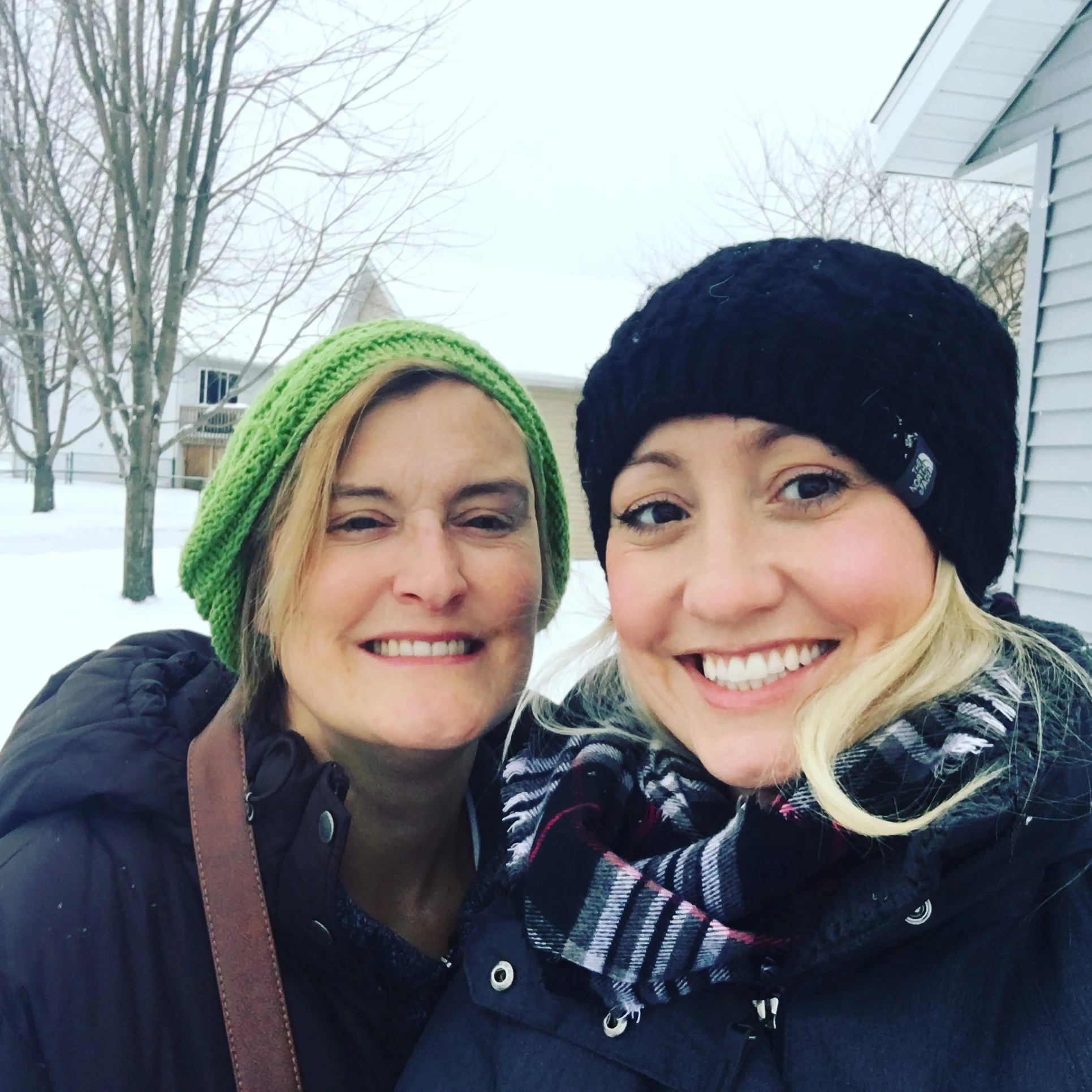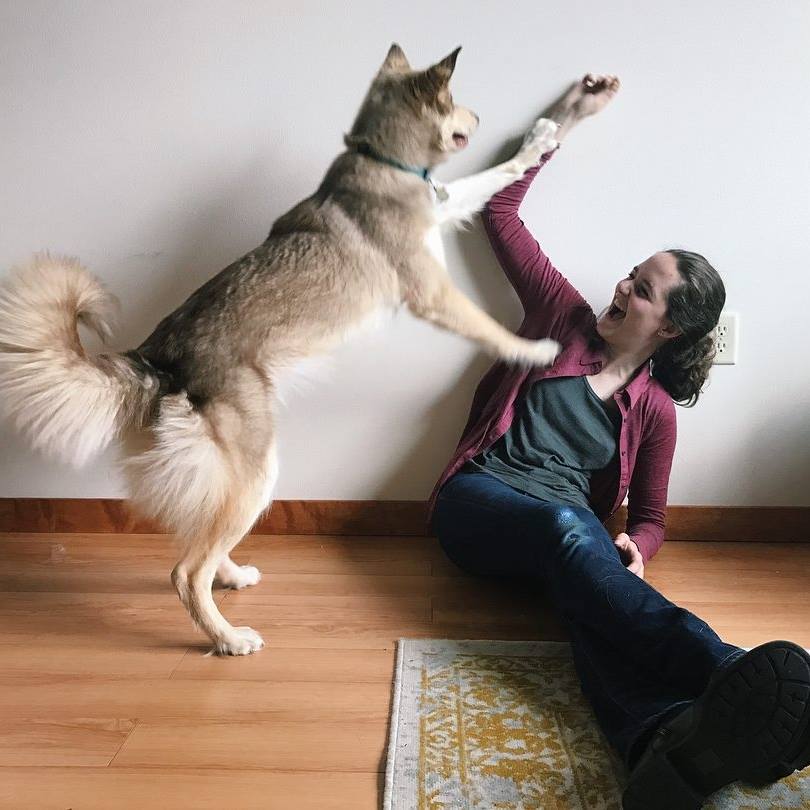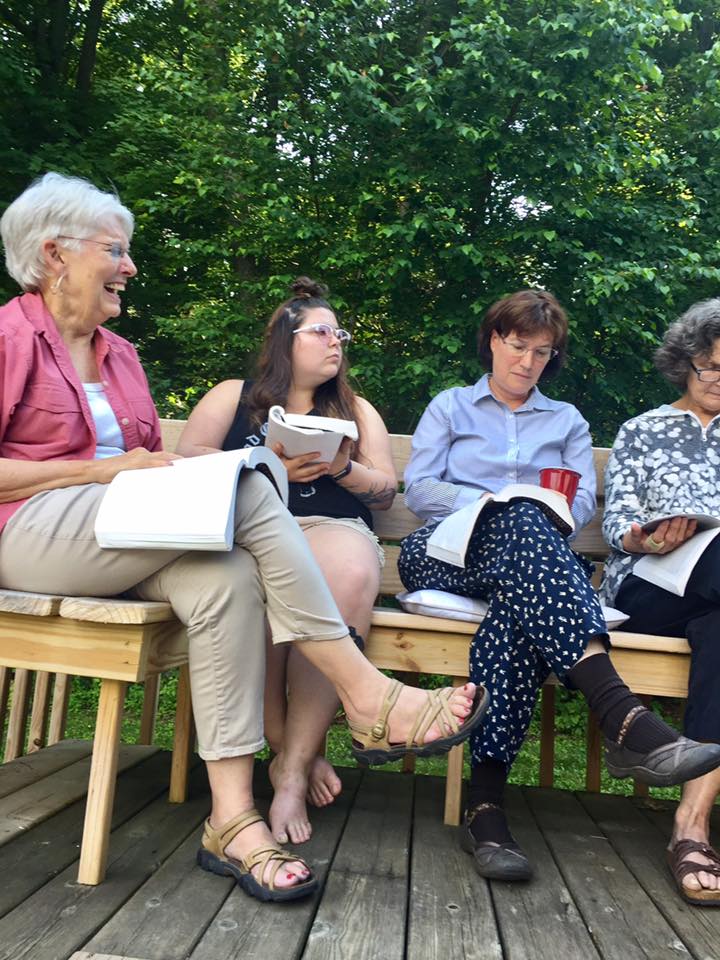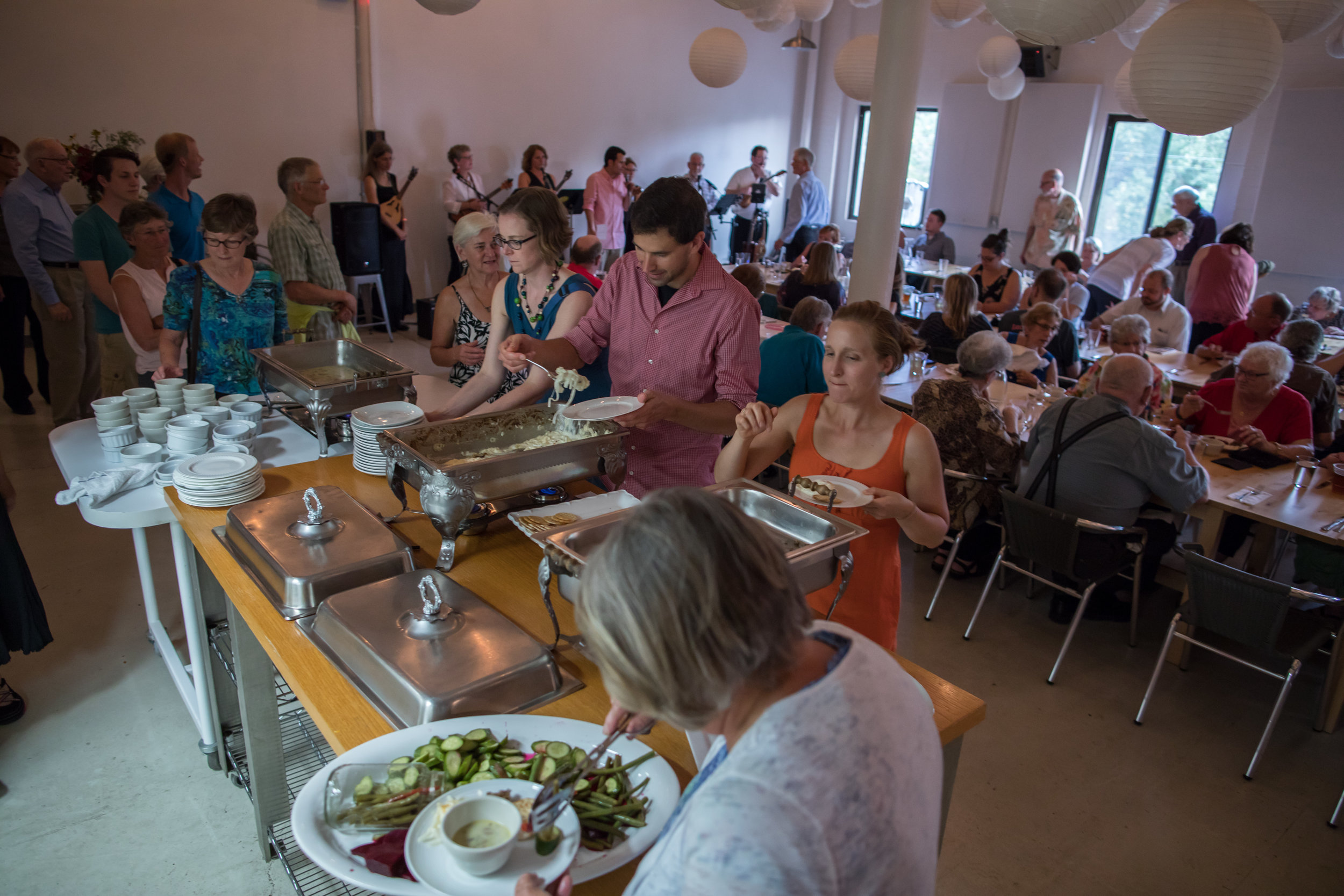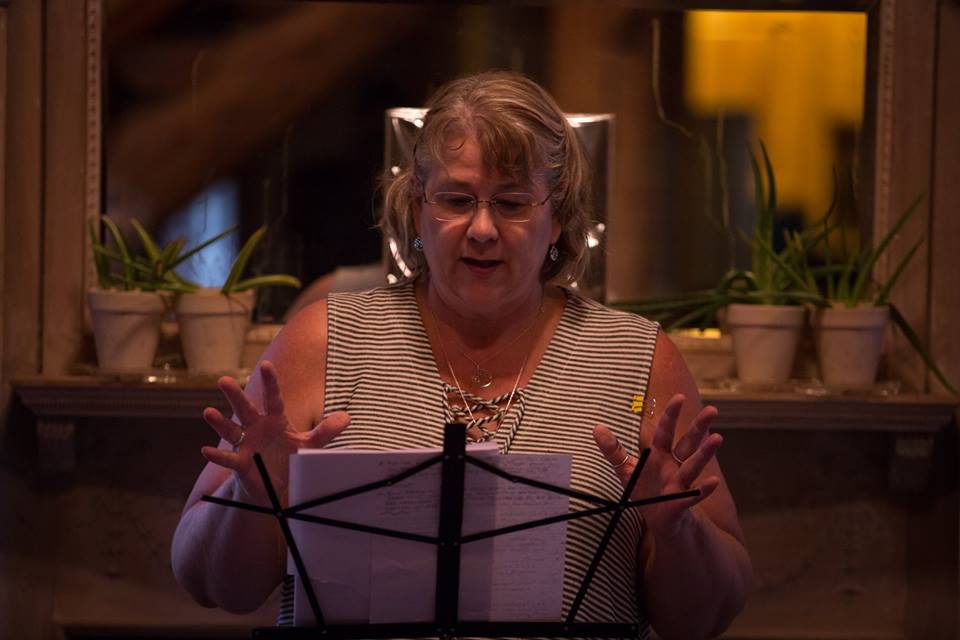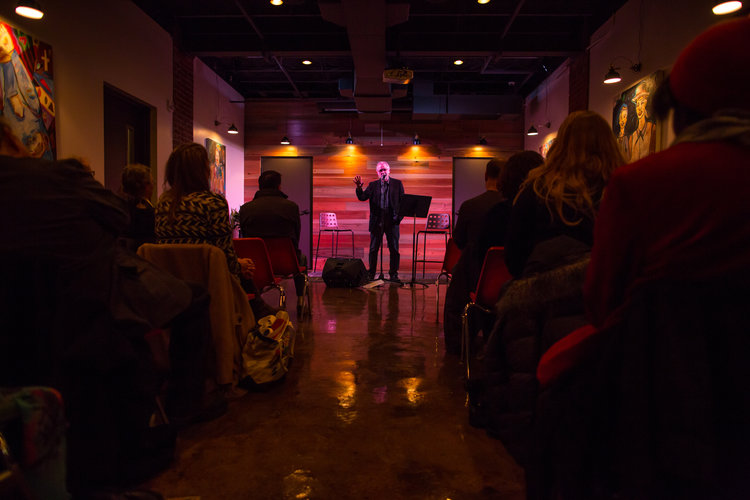8 FORMS/FICTION AND DRAMA
8.1 Write something that is exactly one hundred words. Try to manage a conflict, crisis, and resolution in this short space.
8.2 Write a short scene involving a conflict between two people over an object. Let the object take on a different symbolic significance to each character. Place two characters in this very fundamental conflict: one wants something the other does not want to give.
8.3 A slightly more complicated variation on the above: each of the two characters has half of something that is no good without the other half. Neither wants to give up his or her half.
8.4 Place two characters in conflict. one expresses himself or herself sincerely and well in words. The other character is unable or unwilling to do so but betrays his or her feelings through appearance and actions.
8.5 Write something in which a character seems to be weaker than the forces opposing him or her. Give the character one balancing strength. Let him or her triumph.
8.6 Place a character in conflict with some non‑life threatening aspect of nature; balance the forces equally so that the reader is not sure who will "win" until the crisis action happens.
8.7 Identify the most pleasant and peaceful experience you have had recently. Using this situation as a starting point, introduce a bitter conflict that develops within or between two characters.
8.8 Take a short story we have already discussed in class and write two pages to add on to the end of it. Try to be consistent with the already existing theme, tone, character, and style.
8.9 Write something deriving from an assignment beginning with the same number that this one does.
8.10 Write the first sentence of a story about birth. Now write the first sentence of a story about death. Try other pairs, such as falling in and out of love. Try pairs that are not in opposition, such as spring and summer. Then invent your own pairs
8.11 Write the first paragraph of a story that begins ... with a generalization about life, then the first paragraph of the same story but beginning with a description of a person.
8.12 The same as above but begin with a narrative summary, or with dialogue, or with several characters but no dialogue, or with setting alone, or with setting and only one character.
8.13 Choose five different first sentences from five different short stories in the class texts or class handouts. Choose one or more and use it to go on to write the first paragraph of a completely different story.
8.14 Choose five different first lines from five different short poems in the class texts or class handouts. Choose one or more and use it to go on to write a completely different poem.
8.15 Choose a poem from the class texts or class handouts and write an imitation of it; try to imitate its form, or feel, or shape, or sound but make yours a substantially different poem.
8.16 Choose a poem from the class texts or class handouts that is a monologue addressed to a particular person. Write an answer to the original monologue.
8.17 Write something that appropriates its form from a nonliterary source such as "the want ads," "a stand‑up comedy monologue," "a sermon," "classified ads," etc.
8.18 Write a parable, allegory, or fable.
8.19 Write something "concrete"; that is, something that depends primarily on visual not literary values for its affect.
8.20 Write something that imitates the rhythm of something else ‑‑ i.e. another piece of writing, a washing machine, anything.
8.21 Write something that is a spell or a charm.
8.22 Find a number of translations into English of something not in English. Write your own version. You do not need to know the original language.
8.23 Write the first paragraph of a story beginning with one of the following "Where were you last Night?" " " 'What the hell, ' he (or she) said, "and grabbed their/a _______.'"
8.24 Write a famous story idea in three, three word sentences; such as :Boy meets girl. Boys loves girl. Girl leaves boy. or Cinderella can't go. She goes anyway. Cinderella get Prince. or Man lures rats. People don't pay. Man takes children.
8.25 Photocopy three, at least two page, segments of dialogue from three stories you admire. With a hi-lighter, note when and where how much of the dialogue is summarized rather than presented in quotations marks."
8.26 Choose a journal entry other than one beginning with the same number as this one does and which has very little dialogue. Rewrite it so it is mostly dialogue.
8.27 Write down the things you say over the course of the day. Examine your own speech patterns. You don’t have to get every word, but you may find that you say less than you think and that your statements are surprisingly short. You might also find that you rarely speak in complete sentences.
8.28 Find a crowded place such as a restaurant, a bar, or a shopping mall and write down snippets of the conversations you hear. Avoid trying to record whole conversations, just follow along for a brief exchange and then listen for your next target. If you are worried about looking suspicious, you might want to purchase a Palm Pilot, Handspring Visor or other hand-held PDA device. These handy spy tools make it look like you are conducting business or playing with your favorite electronic toy rather than eavesdropping.
8.29 Test responses to the same question. Think of a question that will require at least a little thought, and ask it of several different people. Compare their responses. Remember that you are focused on their words. Write them down as soon as you can.
8.30 Record several different TV shows. Some choices include: sitcom, news, drama, talk show, infomercial, sporting event, etc.). Write down a transcript using just the dialogue and people’s names. If you don’t know the names, just use a description such as announcer or redheaded woman. You can also transcribe two shows of the same genre, using one show you like and one you dislike. Compare dialogue between the fiction and non-fiction programming you recorded. Look for such things as greetings, descriptions of physical actions, complete sentences, slang, verbal ticks (Such as like, you know, uhhhh, well, etc.). Compare how these dialogue crutches change according to the show format and quality.
8.31 Rewrite one or more of the shows in exercise as prose, trying to recreate the show as accurately as possible. Note how easy or difficult it is to work in the entire dialogue from the show. Does it seem to flow naturally and read well or does it get in your way. Rewrite again eliminating any dialogue you feel is unnecessary. Try not to change any dialogue though until your final draft. Work with what you have. Remember that you don’t necessarily have to rewrite the whole show. Do enough to be sure you have the feeling for it.
8.32 Rewrite one of the the transcripts from using as much of the dialogue as possible, but changing the scene in as many ways as possible. Change the setting, change the people’s intent, and change the tone. See how easy or difficult it is to give the same words a different intent. Again, do enough to be sure you have the feeling for it.
8.33 Write the dialogue for a scene without using any modifiers. Just write down a conversation as it goes along naturally. After you have completed the dialogue, add narrative description, but not dialogue tags such as said, shouted or ordered. Instead, try to work the dialogue into the action as a logical progression of the statements. Finally, add any dialogue tags that are absolutely necessary, and keep them simple such as said, told, or asked. Again, only put them in if you can find not other options. Compare this to the previous dialogue you have written and see what you like or dislike about the changes.
8.34 Write a scene in which one person tells another person a story. Make sure that you write it as a dialogue and not just a first person narrative, but clearly have one person telling the story and the other person listening and asking questions or making comments. The purpose of this scene will be both to have the story stand alone as a subject, and to have the characters’ reactions to the story be the focal point of the scene.
8.35 Write a scene in which one person is listening to two other people have an argument or discussion. For example, a child listening to her parents argue about money. Have the third character narrate the argument and explain what is going on, but have the other two provide the entire dialogue. It is not necessary to have the narrator understand the argument completely. Miscommunication is a major aspect of dialogue.
8.36 Write a conversation between two liars. Give everything they say a double or triple meaning. Never state or indicate through outside description that these two people are lying. Let the reader figure it out strictly from the dialogue. Try not to be obvious, such as having one person accuse the other of lying. That is too easy.
8.37 Write a conversation in which no character speaks more than three words per line of dialogue. Again, avoid crutches such as explaining everything they say through narration. Use your narration to enhance the scene, not explain the dialogue.
8.38 Write a narrative or scripted scene in which several characters are taking an active role in the conversation. This can be a difficult aspect of dialogue to master, because with each additional character, the reader or audience must be able to keep track of the motivations and interests of the individuals involved. This can be especially difficult in prose, where the time between one character speaking and the next can be interrupted by action or description. See how many characters your can sustain within the scene and still have it make sense and be engaging.
8.39 Choose a journal entry other than one beginning with the same number as this one does and turn it into the first page of a short story.
8.40 Choose a journal entry other than one beginning with the same number as this one does and which has very little dialogue. Rewrite it so it is mostly dialogue.
9 DISCOVERY
9.1 Write a short scene in which a belief you hold passionately and profoundly would be untrue.
9.2 Imagine you were blind, or deaf or dumb, or illiterate, or very young or old, or of a different race, or gender ‑‑ free‑write about this situation. What would it be like, what couldn't you do that you do now? How would it feel? What changes, adaptations would you have to make?
9.3 Novelist Ernest Hemingway once defined courage as "grace under pressure." Using this definition, write something which shows this kind of courage in a difficult situation.
9.4 Controversial subjects depend as much on the audience as they do on the issue itself. Make a quick list of things you do every day‑‑the kind of clothes you wear, the food you eat, the books you read, the friends you have, the ideas you discuss. For one of these activities, imagine a person who might find what you do immoral, illogical, unjust, or unhealthy. What claim might they make about your activity? What reasons or evidence might they use to argue that your activity should be abolished, outlawed, or changed?
9.5 Write something deriving from the above.
9.6 Select one moment in your past that changed your life or showed you how your life had already changed. What was the event? What were you like before it and afterwards?
9.7 Human nature is continually puzzling. Why are people generous one moment and stingy the next? Why do we love or admire a person one moment, then hate that person the next? Why do we want what we cannot have and, after a while, we no longer want what we have? Explore your thoughts on some apparently contradictory aspect of human behavior.
9.8 Write something deriving from the above.
9.9 Totally new experiences may create a sense of physical exploration that parallels a mental exploration. Recall some recent experience that was new, different, foreign, and perhaps even frightening. As you record that experience, reflect on what you learned, how your preconceptions changed, or how it was strange or mysterious. What idea gradually dawned on you?
9.10 Eldridge Cleaver once said, "You're either part of the solution or part of the problem." Examine one of your activities or pastimes‑‑sports, shopping, cruising, eating, drinking, or even studying. How does what you do possibly create a problem, from someone else's point of view?
9.11 Write about something you've changed your mind about. Tell what you used to think, what happened to change your mind? Consider how have things been different for you because of this change? Consider how you felt about it all?
9.12 Prepare for a crucial situation that is likely to happen sometime soon. Explain why this situation is so crucial. Imagine exactly what might happen and write a description of it. List all the possible outcomes from the best to the worst and figure out what you might do about each.
9.13 Write something deriving from an assignment beginning with the same number that this one does.
10 REVISION
10.1 Revise any previous journal entry. Make the revision significantly better than the original in some way or ways . Include at the end a brief explanation of how you made it better.
10.2 Respond to some journal assignment you've previously written. Comment on it. Criticize it. Praise it.
10.3 Re‑write any earlier journal entry concentrating on sentence‑length, make all your sentences less than ten words, or exactly ten words, or more than ten words. Avoid the use of "and." as much as possible. Try other conjunctions.
10.4 Re‑Write any earlier journal entry without using any form of the verb "to be."
10.5 The same as above but concentrate on diction stop
10.6 The same as above but concentrate on making the entry more specific and concrete.
10.7 The same as above but concentrate on providing apt and adequate examples.
10.8 Re‑write any earlier journal entry but radically change the intended audience or purpose.





